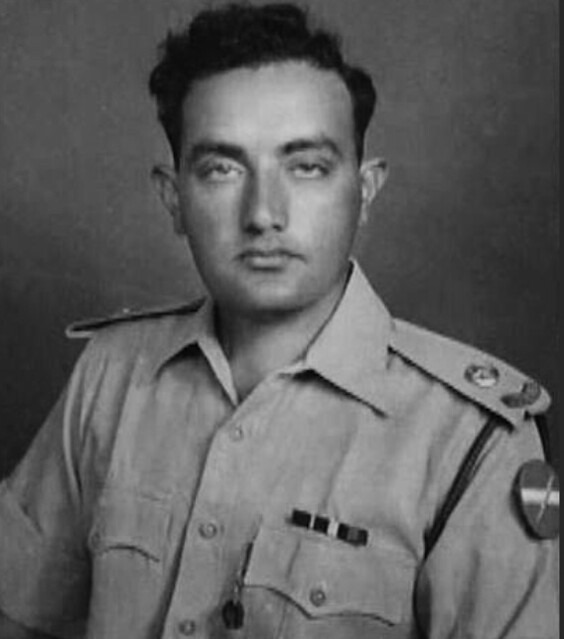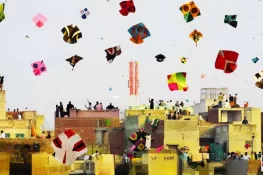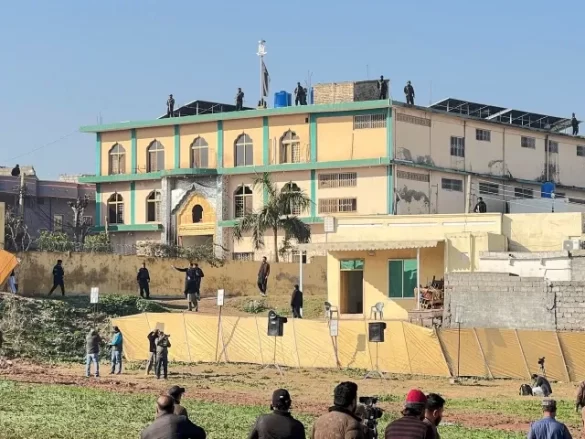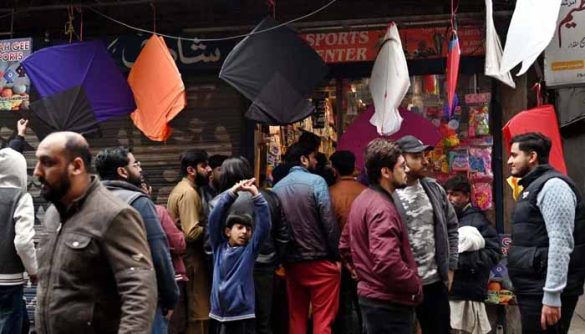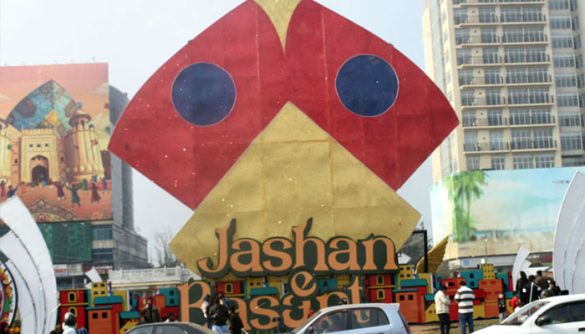Remembering a National Hero
Pakistan today commemorates the 60th martyrdom anniversary of Major Raja Aziz Bhatti, one of the most celebrated heroes of the 1965 war with India. Known for his extraordinary bravery during the Battle of Burki, Major Bhatti is remembered as a symbol of courage, sacrifice, and patriotism.
His actions in September 1965, when Indian forces launched a large-scale offensive across the international border near Lahore, played a decisive role in halting the advance and inspiring both soldiers and civilians.
Early Life and Military Career
Major Aziz Bhatti was born on 16 August 1928 in Hong Kong. His family returned to the Indian subcontinent before the partition of 1947 and settled in Ladian, a village in Gujrat district, Punjab.
In 1950, he was commissioned into the Pakistan Army as a second lieutenant in the 17 Punjab Regiment. Colleagues remember him as a dedicated officer, admired for his discipline and deep sense of duty. Over the years, he rose through the ranks and, by 1965, commanded a company of infantry soldiers deployed on the eastern front.
Role in the 1965 War
When hostilities broke out on 6 September 1965, Indian forces targeted Lahore with the aim of capturing the city. Major Bhatti, serving as a company commander in the Burki sector, positioned himself with his troops in forward defensive positions rather than directing operations from the rear.
For six days and nights, from 6 to 12 September, his unit resisted repeated assaults from enemy tanks and infantry. Despite heavy bombardment, Major Bhatti refused to leave the frontline. Soldiers who fought under his command later recalled his presence in the trenches as a source of strength and morale.
On 12 September, while directing artillery fire against advancing Indian tanks, he was struck by a tank shell and embraced martyrdom. He was only 37 years old.
In recognition of his valor, Major Raja Aziz Bhatti was posthumously awarded the Nishan-e-Haider, Pakistan’s highest military honor. To date, only 11 soldiers in Pakistan’s history have received this award.
National Tributes
Prime Minister Shehbaz Sharif, in a message marking the 60th anniversary of Major Bhatti’s martyrdom, said the hero “foiled the enemy’s nefarious designs to capture Lahore” and left behind a legacy of unmatched courage. He added that the entire nation is proud of Major Bhatti and his family, stressing that the armed forces continue to safeguard the country with the same spirit of dedication.
The Pakistan Army’s media wing, Inter-Services Public Relations (ISPR), also paid tribute, calling Major Bhatti’s sacrifice “a shining example of bravery, resolve, and loyalty to the nation.” According to ISPR, his leadership during the intense five-day battle demonstrated the resilience of Pakistani soldiers in defending their homeland.
Commemoration at Gujrat
A special ceremony was held at Major Raja Aziz Bhatti’s mausoleum in his native village of Ladian, Gujrat district. Major General Azhar Yasin, General Officer Commanding 17 Division, laid a floral wreath and offered prayers.
The event was attended by local officials, military officers, and residents, who offered prayers for the martyr’s elevated status and for the prosperity of Pakistan. The ceremony reflected the enduring respect Major Bhatti commands, even six decades after his sacrifice.
Legacy of Sacrifice
The 1965 war, which lasted 17 days, remains one of the defining conflicts in South Asia’s modern history. Both Pakistan and India claim victories in different battles, but in Pakistan, the war is remembered as a moment of national unity.
Major Aziz Bhatti’s story continues to inspire generations of Pakistanis. His bravery is taught in military academies, while his name is frequently mentioned in speeches, documentaries, and school lessons. For many, he embodies the values of selflessness and devotion to duty that Pakistan seeks to instill in its armed forces.
As the nation marks the 60th anniversary of his martyrdom, Major Raja Aziz Bhatti remains more than just a war hero; he symbolizes resilience and the belief that sacrifice for one’s country is the highest form of service.

